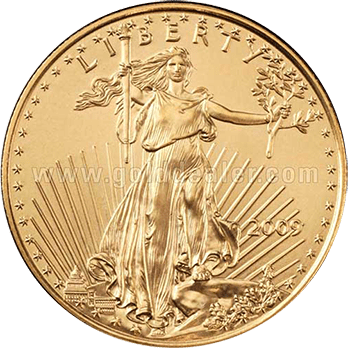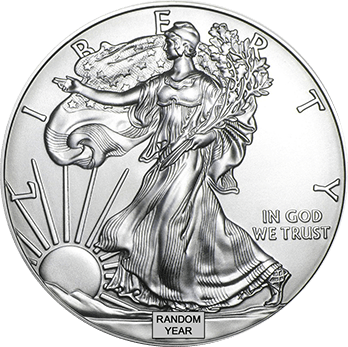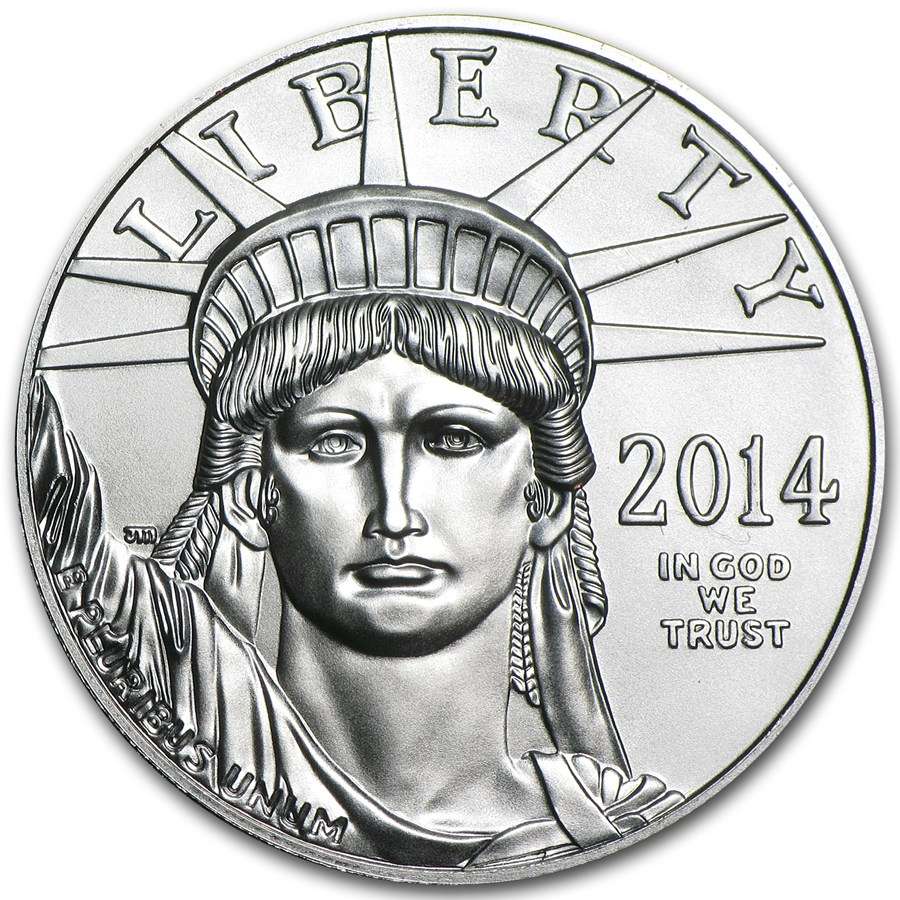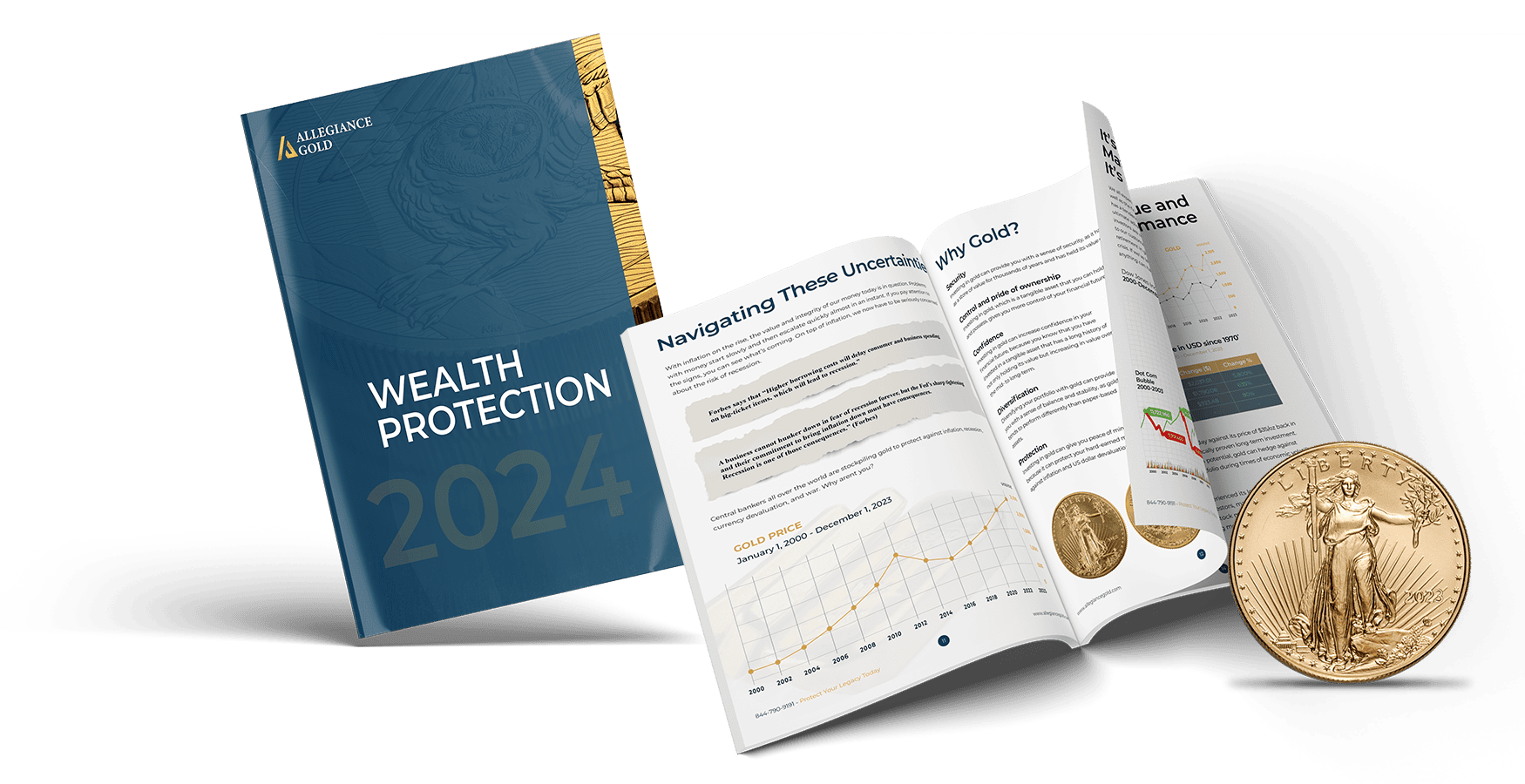Monday, January 4th, 2021 was the Georgia run-off elections; a dramatic upset that shifts the balance of power in Washington. With 98% of the vote counted, Warnock and Ossoff have been projected to be the winners against Republican incumbents Kelly Loeffler and David Perdue. Warnock makes history as the first black senator to come out of Georgia and as the first democrat elected into the senate from Georgia in over 15 years. The run-off elections have been highly anticipated as it will play a large part in what legislation will be passed during the Biden presidency. Though many didn’t expect two Democrats to win both elections, the unexpected results will give Democrats significant advantage over the next four years.
Currently, Democrats hold the House majority at 222 seats vs. 211 seats by the Republican party. Now a 50/50 senate with Kamala Harris the Vice President elect to break any ties, this gives President-elect Joe Biden more opportunity to pursue his administration’s agenda. This also means Joe Biden’s cabinet nominees will be confirmed quickly and without issue.
Source: Politico
Democrats are already mapping out legislative opportunities including a $2,000 stimulus check once President-elect Joe Biden is inaugurated on the 20th. Along with increased stimulus checks, many are anticipating more federal funding to aid local and state governments for vaccine distribution, increased unemployment benefits, and a slew of stimulus bills the size of the $2.2 trillion CARES Act.
So what does this mean for the economy, the American people’s financial health, and especially retirement accounts? The amount of fiscal stimulus to ease the impact of the COVID-19 pandemic has been historical. In order to meet the demand, the federal government has been engaging in quantitative easing to increase liquidity of U.S. banks. As a result, their balance sheets ballooned from $4.3 trillion to $7.2 trillion, while printing more money as a way to fund stimulus efforts. The issue with printing more money is that with every new dollar that enters circulation, the U.S. currency is devalued. The U.S. currency has been the gold standard since the currency reset after World War II. If we continue on this path, if it is not too late already, we may be seeing another currency reset in the next few years. To protect yourself from inflation, a currency that will no longer hold the value it once did, many savvy investors and large banks have been moving their assets into precious metals. Precious metals have historically served as a hedge against inflation and is part of the most important rule in investing—diversification. During uncertain times, precious metals are starting to look more and more like the safety net we need, but it is important for individuals to invest before prices get too high.



 Custom Precious Metals IRA
Custom Precious Metals IRA Gold IRA
Gold IRA Gold Products
Gold Products Silver Products
Silver Products Platinum
Platinum